
An unusual patient case was presented during a Frontline Forum where experts worked through how to appropriately treat a patient who was having consistent fevers and pain.

Your AI-Trained Oncology Knowledge Connection!


An unusual patient case was presented during a Frontline Forum where experts worked through how to appropriately treat a patient who was having consistent fevers and pain.

During the 2024 IMS Annual Meeting, colleagues gathered to discuss the latest advancements in multiple myeloma.

During the 2024 IMS conference, teams from Cleveland, Ohio, and New York, New York, met to debate the latest advances in multiple myeloma.

Experts in multiple myeloma spoke about optimal treatment strategies for patients who receive bispecific therapy, focusing specifically on facilitating a multifaceted approach between academic and community practices.

In patients with lens-refractory multiple myeloma, cilta-cel generated deeper minimal residual disease rates across all patient subgroups.

Findings from DREAMM-7 support belantamab mafodotin plus bortezomib and dexamethasone as a standard of care in relapsed/refractory multiple myeloma.

Samatha Shenoy, NP, MSN, highlighted lifestyle recommendations to help patients who are receiving talquetamab treatment for multiple myeloma.

All evaluable patients achieved minimal residual disease negativity following teclistamab-based treatment in the phase 3 MajesTEC-4/EMN30 trial.

Daratumumab plus VRd showed a deepened MRD and PFS rate for patients with transplant-ineligible or -deferred newly diagnosed multiple myeloma.

Experts in multiple myeloma gathered to debate current treatment options in the space during a recent Face Off.

The use of CAR T-cell therapy and other sequencing options were discussed for patients with multiple myeloma.

Experts in multiple myeloma discussed real-world efficacy and safety data associated with the use of GPRC5D-targeting bispecific agents to treat patients with R/R multiple myeloma.
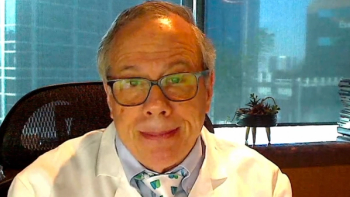
Patients treated with BCMA-directed immunotherapies for myeloma may experience susceptibility to severe infections following treatment.

A panel of experts in multiple myeloma discussed strategies for monitoring and mitigating adverse effects associated with GPRC5D-targeting bispecific agents.

Phase 3 data support a daratumumab-based quadruplet as a new potential regimen in transplant-ineligible newly diagnosed multiple myeloma.

A nurse practitioner discussed how her role plays a vital part in patient care for those undergoing talquetamab treatment for multiple myeloma.

Experts spoke about the best practices for mitigating adverse effects associated with CAR T-cell therapy in relapsed/refractory multiple myeloma.
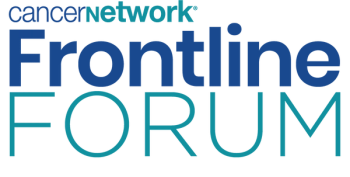
Experts in multiple myeloma discussed optimal dosing strategies for bispecific antibodies for patients with relapsed/refractory multiple myeloma.
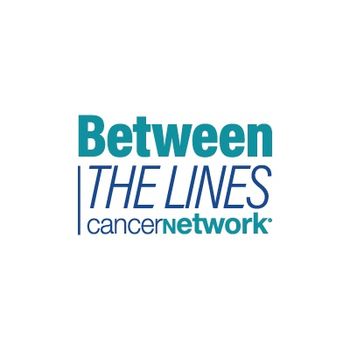
Amrita Y. Krishnan, MD, and Binod Dhakal, MD, gave a high-level overview of teclistamab use in the MajesTEC-1 trial.

Experts highlighted the use of GPRC5D therapy in patients with multiple myeloma.
![“I don't think [the CRL] impacts how I look at the data that is publicly available and the approval chances long term for linvoseltamab and how we might use it in the future,” said Surbhi Sidana, MD.](https://cdn.sanity.io/images/0vv8moc6/cancernetwork/8b007a323176820eb0754e84186341fe7ca44ae4-350x350.jpg?w=350&fit=crop&auto=format)
“I don't think [the CRL] impacts how I look at the data that is publicly available and the approval chances long term for linvoseltamab and how we might use it in the future,” said Surbhi Sidana, MD.

Strategies for treating patients with multiple myeloma who are eligible to receive CAR T-cell therapy in either community or academic practices were discussed in a recent Training Academy.

Minimal residual disease as an end point in multiple myeloma has been widely discussed and was even a topic of a recent ODAC meeting.

Experts in multiple myeloma sat down to discuss the use of bispecific antibodies and their impact in the space.

Data from the PERSEUS trial support the FDA approval of the subcutaneous daratumumab-containing regimen in newly diagnosed multiple myeloma.

Experts in multiple myeloma discussed the evolving role of CAR T-cell therapy for patients with relapsed/refractory disease.
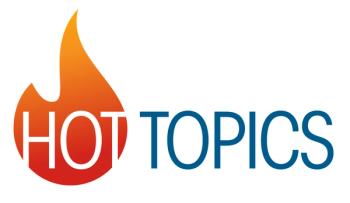
The June Hot Topics focuses on the challenges venetoclax regimens have faced in multiple myeloma trials.
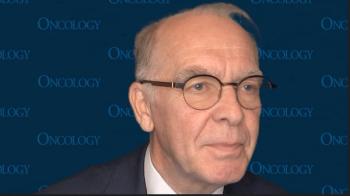
Next steps for research in the multiple myeloma space may include the development of novel CAR T-cell strategies and bispecific antibodies.

Giving tocilizumab before step-up dosing of teclistamab may mitigate cytokine release syndrome in relapsed/refractory multiple myeloma.

Responses occurred in patients with relapsed/refractory multiple myeloma who are refractory to daratumumab but received retreatment with the agent.